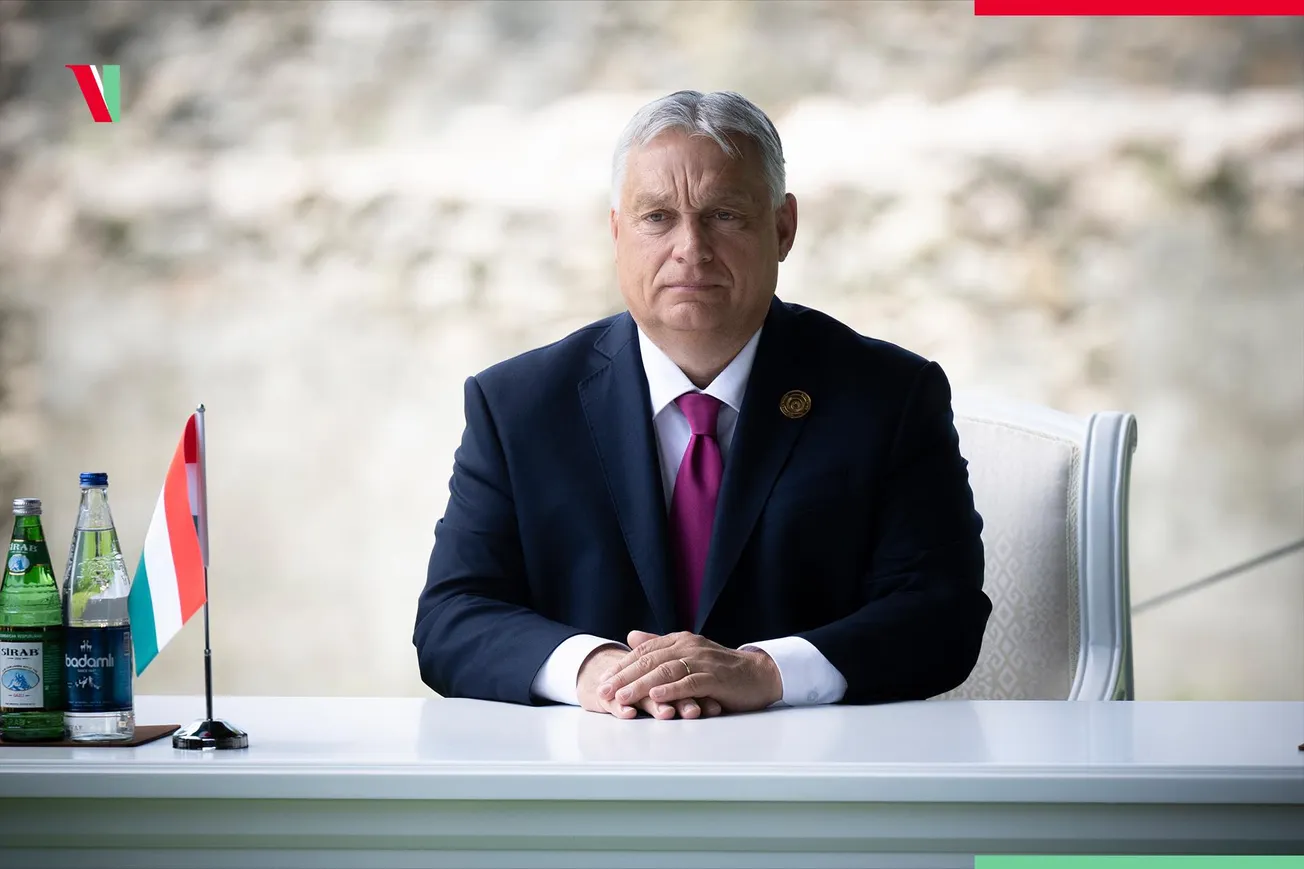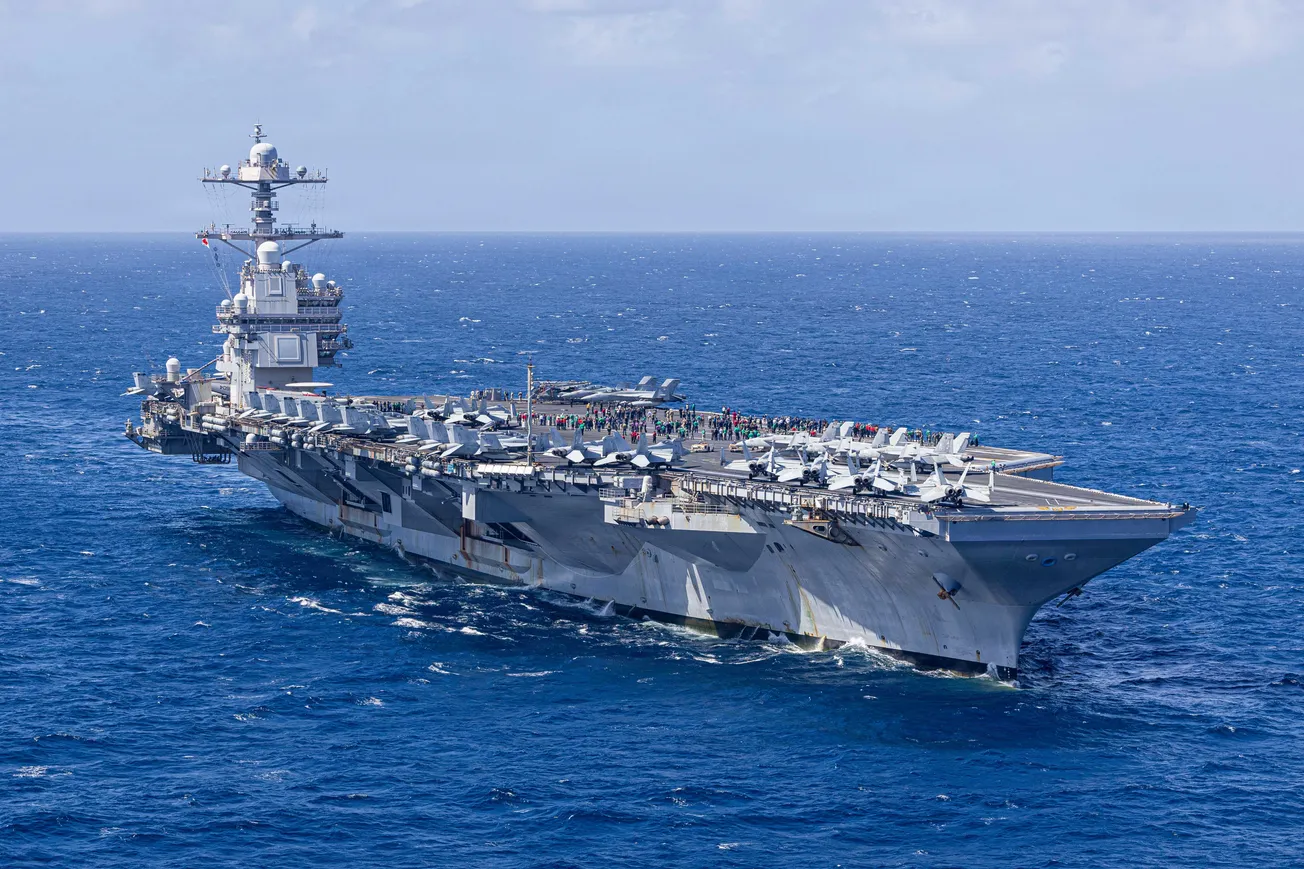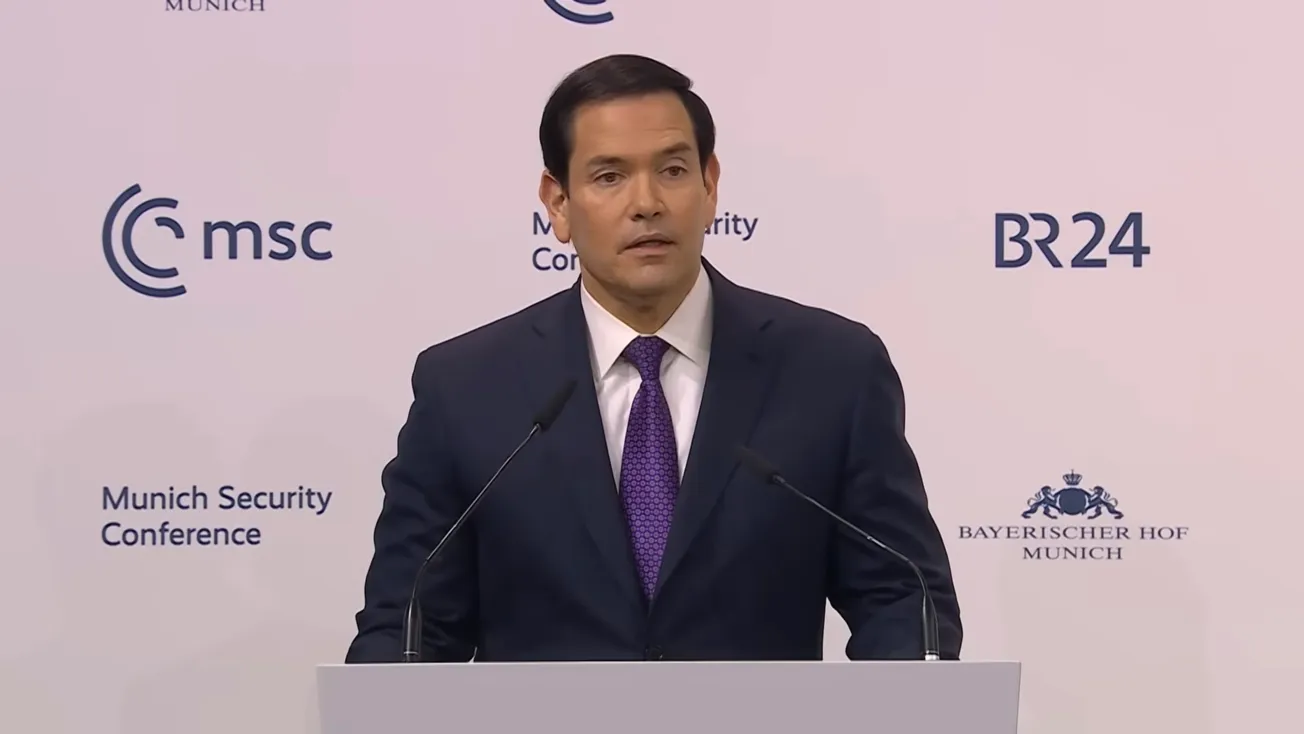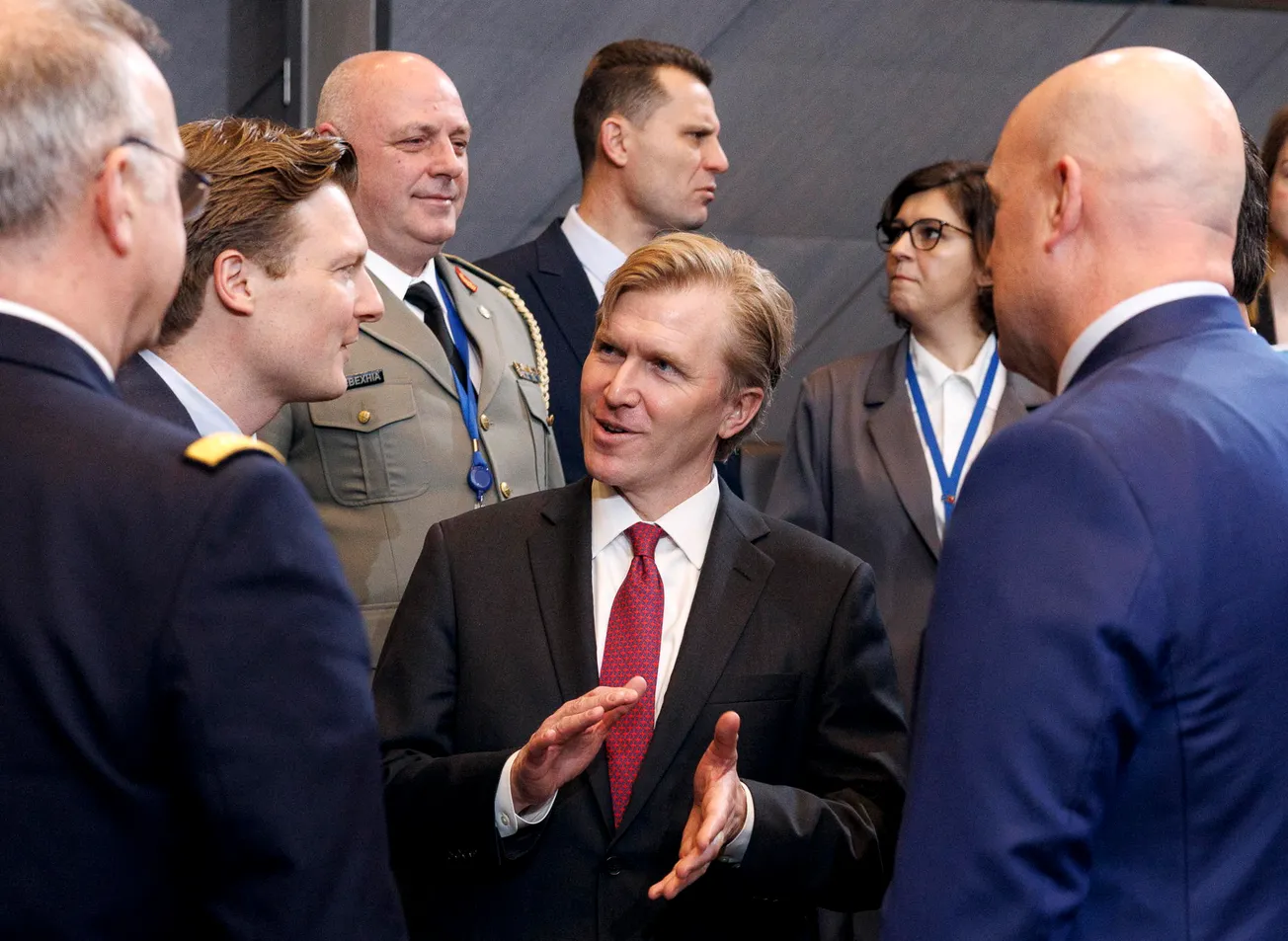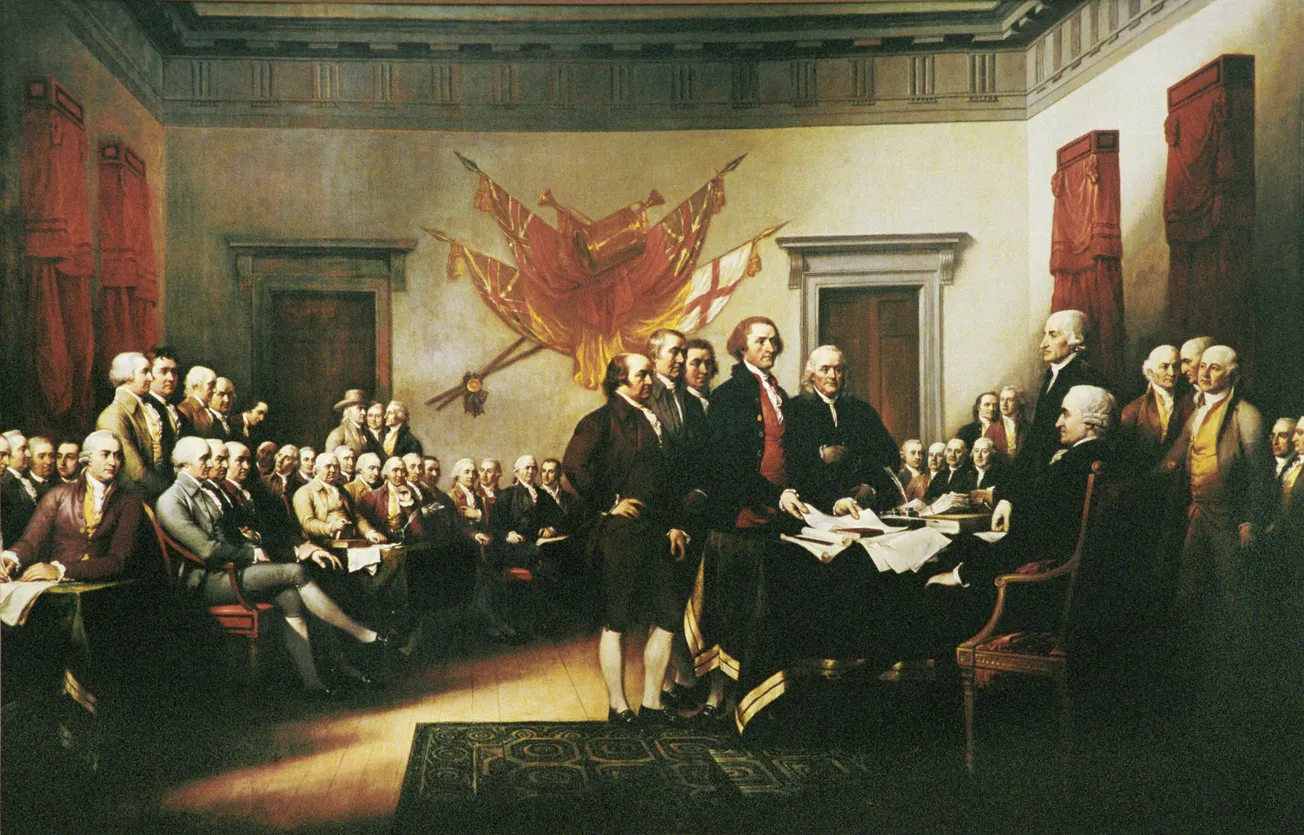The Lead
The End of Anti-Diplomacy?
by David Shavin (EIRNS) — Jul. 06, 2024
The “Orbán Effect” hit the world this week. The actions of the head of a nation, Hungary’s Prime Minister Viktor Orbán, in flying to Kyiv to discuss peace with Ukraine’s President Zelenskyy and then to Moscow to do the same with Russia’s President Putin, put into stark relief that there has been no diplomacy in the West for years. Put aside what was and was not immediately accomplished, as Orbán put it: “Very many steps are needed to be done to become closer to the end of the war. However, we have made the most important step—we have established contact…. I have concluded my talks in Moscow with President Putin. My goal was to open the channels of direct communication and start a dialogue on the shortest road to peace. Mission accomplished! To be continued on Monday…”
It is not clear what Orbán has planned for Monday, however yesterday, on that same Friday, July 5, that he flew into Moscow and met with Putin for 2.5 hours, he also appeared in the legacy U.S. publication Newsweek, in a lengthy op-ed entitled, “The Point of NATO Is Peace, Not Endless War.” Aside from a statesman’s-like grasp of history, he nailed NATO on its hypocrisy, saying that “today, instead of peace, the agenda is the pursuit of war; instead of defense it is offense. All this runs counter to NATO’s founding values.… Today, ever more voices within NATO are making the case for the necessity—or even inevitability—of military confrontation with the world’s other geopolitical power centers. This perception of inevitable confrontation functions like a self-fulfilling prophecy. The more that NATO’s leaders believe conflict to be inevitable, the greater will be their role in precipitating it.… NATO fulfills its purpose when it wins peace, not war. If it chooses conflict instead of cooperation, and war instead of peace, it will be committing suicide.”
Also yesterday, Slovakia’s Prime Minister Robert Fico, in his first public address since he was shot several times on May 15 in an assassination attempt, declared that, if his health had allowed it, he would have joined Orbán on the visit to Moscow. Against the howling of the warmongers, infuriated at Orbán’s act of diplomacy, Fico retorted: “There are not enough, I repeat, not enough peace talks, peace initiatives.” It was only about seven weeks ago that Fico almost lost his life, a target for his refusal to join in the war hysteria.
In neighboring Bulgaria, Prime Minister Dimitar Glavchev of the Caretaker Government declared that he will be offering NATO next week the services of Bulgaria for the mediation of the Russia-Ukraine conflict. And on July 4, returning from the Astana SCO Heads of State Council Meeting, Türkiye’s President Recep Tayyip Erdoğan—who had mediated the successful Russian-Ukraine negotiations of 2022, until Britain’s Boris Johnson descended onto Kyiv to break it up—gave a passionate commitment to renewing diplomacy: ‘'This battle benefits neither Russia nor Ukraine. The only winners of the war are the merchants of blood and death. I want to believe that tensions can now be reduced and ground for peace can be built. We are ready to do our part, as we have done until today, to create and protect that ground.”
The “Orbán Effect,” on one level, is simply one voice stating the obvious, that the bloodshed and the thermonuclear showdown has no end but for diplomacy, and others realizing what has been missing from the scene in the West. Orbán himself began the week, as Hungary assumed the six-month rotating presidency of the Council of the EU, assuming a position with more ceremony than official power. And the three leaders cited above are from Central Europe, not Germany, France or Italy. And while Orbán himself may be more mature, deliberate and cultured than U.S. Presidential candidate Donald Trump, he has some similar weaknesses, with the potential for getting trapped defending Israeli genocide or blaming immigrants for all of Hungary’s problems. However, in the land of the blind, the one-eyed is king. And this week, the one-eyed may have opened up a few eyes as to how unnatural and dangerous the recent period of anti-diplomacy has been in the West.
Contents
Strategic War Danger
- White House, NATO Both Take Dim View of Orbán’s Trip to Moscow (↓)
- Bulgarian Prime Minister To Offer at NATO Summit Russia-Ukraine Peace Talks (↓)
- U.S. Cancels Defense Exercise with Georgia as Punishment for Being Independent (↓)
- New U.K. Prime Minister Starmer Promises Zelenskyy Britain's Continued ‘Unshakable’ Support (↓)
- In First Public Appearance Since Murder Attempt, Slovakia Prime Minister Fico Supports Orbán's Peace Mission (↓)
- Newsweek Features Orbán's Challenge to NATO's Warmongers (↓)
- Ukraine’s Molfar-OSINT Fingers Russian Senator Dmitry Rogozin for a Hit (↓)
New World Paradigm
- Erdoğan Proposes Renewed Grain Initiative to Putin (↓)
- Zimbabwe Winning Back a Sovereign Currency (↓)
- Schiller Institute on Iranian and French Elections (↓)


